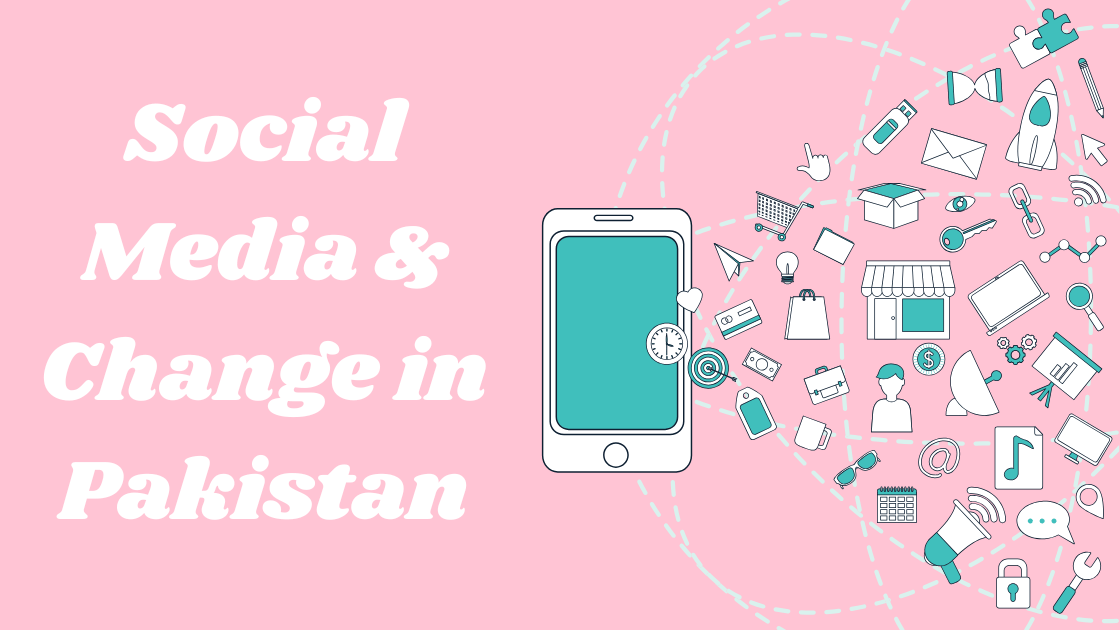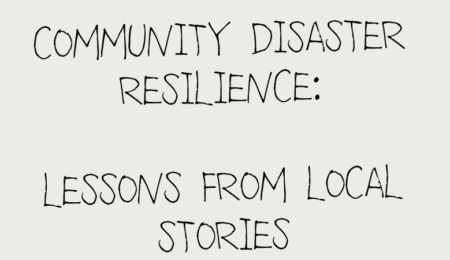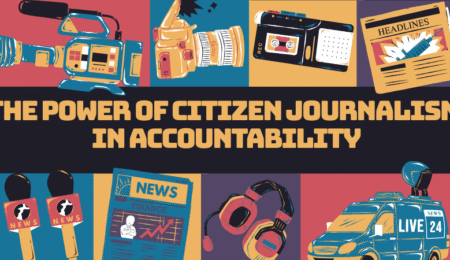How Social Media Creates Social Change in Pakistan
The Rise of Social Media in Pakistan
Introduction
In the last two decades, the rise of social media has transformed societies worldwide. Platforms like Facebook, Twitter (X), Instagram, TikTok, and YouTube have not only changed the way people communicate but also the way they think, mobilize, and act. In Pakistan, where traditional media has long been controlled by a few powerful voices, social media has opened new doors for freedom of expression, awareness, and civic engagement. From political movements to social justice campaigns, and from women’s empowerment to disaster relief, social media has become a strong catalyst for social change.
This article explores how social media is shaping social transformation in Pakistan, the opportunities it brings, and the challenges it faces.
The Rise of Social Media in Pakistan
Pakistan’s internet penetration has grown rapidly, with millions of people gaining access to smartphones and affordable mobile data. By 2025, over 80 million Pakistanis are active social media users. Unlike television or newspapers, social media platforms give every individual the power to share their voice. This democratization of communication has reduced barriers between the public and policymakers, between citizens and journalists, and even between different socio-economic classes.
The influence of social media can now be seen in every domain of life—from politics to education, business, and entertainment. But its most striking role has been in creating social awareness and mobilizing people for change.
Political Mobilization and Activism
One of the most visible ways social media creates social change in Pakistan is through political mobilization. Twitter hashtags, Facebook live sessions, and viral TikTok videos have reshaped the political landscape.
-
Imran Khan’s PTI Movement: PTI used social media effectively to engage with youth, spread its message, and organize rallies. Even when mainstream channels ignored certain events, PTI’s digital team made sure they trended online.
-
Hashtag Movements: From #JusticeForZainab (against child abuse) to #SayNoToCorruption, ordinary citizens have raised their voices and put pressure on authorities to take action.
This empowerment has made politics more participatory, ensuring that the government and institutions remain under the public eye.
Social Justice and Awareness Campaigns
Social media has become a powerful tool for social justice in Pakistan.
-
Women’s Rights: Campaigns like #MeraJismMeriMarzi and the annual Aurat March gained momentum largely because of social media. These platforms allowed women to share their experiences of harassment, inequality, and violence—issues often silenced in traditional settings.
-
Education for All: Online campaigns advocating for girls’ education, inspired by figures like Malala Yousafzai, have gained significant support, sparking debates that influence policymakers.
-
Minority Rights: Social media has amplified the voices of religious and ethnic minorities, highlighting discrimination and demanding equal rights.
Through these campaigns, social media has not just raised awareness but has also shaped narratives, changing how society perceives marginalized communities.
Disaster Relief and Humanitarian Efforts
When natural disasters strike, social media becomes a lifeline. During the 2022 floods in Pakistan, social media platforms played a critical role in:
-
Spreading real-time information about affected areas.
-
Connecting donors with victims.
-
Raising millions of rupees through crowdfunding platforms like GoFundMe and local initiatives.
Influencers, NGOs, and even ordinary citizens shared videos, photos, and appeals that reached thousands of people instantly. This bypassed bureaucratic delays and ensured that relief reached victims faster.
Youth Empowerment and Entrepreneurship
Pakistan’s youth, which makes up more than 60% of the population, is harnessing social media to build careers and challenge old structures.
-
Digital Entrepreneurship: Many young Pakistanis are running successful e-commerce stores, freelance businesses, and startups purely through platforms like Instagram and Facebook.
-
Content Creators: YouTube and TikTok stars are redefining entertainment and influencing public opinion. From comedy skits to motivational speeches, Pakistani creators are being recognized globally.
-
Skill Development: Free tutorials, online courses, and webinars shared on social media have given youth opportunities to learn skills like coding, graphic designing, and digital marketing—empowering them to compete in the global economy.
This wave of digital entrepreneurship is not just changing lives individually but also contributing to Pakistan’s economy.
Social Media and Cultural Transformation
Beyond politics and economics, social media is reshaping Pakistan’s cultural landscape.
-
Breaking Taboos: Discussions about mental health, domestic violence, and gender equality—once considered taboo—are now widely discussed online.
-
Promoting Arts and Creativity: Musicians, artists, and writers are using Instagram, YouTube, and Twitter to showcase their work, bypassing traditional gatekeepers of the entertainment industry.
-
Global Exposure: Pakistani youth are more globally connected than ever before, absorbing new ideas and trends while also showcasing their own culture to the world.
This cultural shift is slowly but surely challenging conservative norms and paving the way for a more progressive society.
Challenges of Social Media in Pakistan
While the positive impacts are undeniable, social media also presents serious challenges:
-
Misinformation and Fake News: Rumors and unverified information spread quickly, sometimes causing panic or violence.
-
Cyberbullying and Harassment: Women, journalists, and activists often face online abuse, which can silence important voices.
-
Digital Divide: While urban areas are highly active online, rural communities still struggle with limited internet access, leaving many voices unheard.
-
Government Censorship: Social media in Pakistan is sometimes restricted, with platforms being temporarily blocked during protests, limiting free expression.
Addressing these challenges is crucial to ensure that social media remains a force for positive change rather than division.
The Future of Social Media in Pakistan
Looking ahead, the role of social media in Pakistan is only set to grow. With increasing internet penetration and a digitally active youth population, it will continue to:
-
Hold leaders accountable.
-
Amplify marginalized voices.
-
Create economic opportunities.
-
Redefine culture and traditions.
If harnessed responsibly, social media could become one of the most powerful tools in Pakistan’s journey toward a more just, equitable, and progressive society.
Conclusion
Social media is more than just a place for entertainment in Pakistan—it is a platform of empowerment, awareness, and transformation. From political movements to social justice campaigns, from humanitarian efforts to youth entrepreneurship, it is creating ripples that translate into real-world impact.
Yes, challenges like misinformation and cyber harassment remain, but the potential for good far outweighs the negatives. In a country striving for democracy, equality, and progress, social media has become the voice of the people—and that voice is louder than ever before.
Read Also: How to Create a Classified Listing that Gets Traffic



